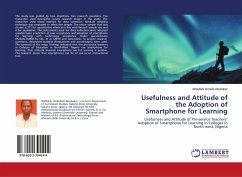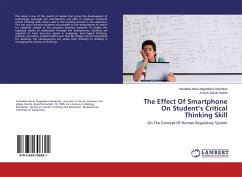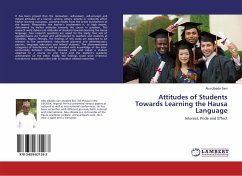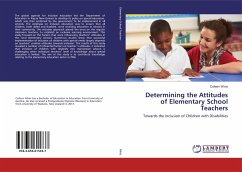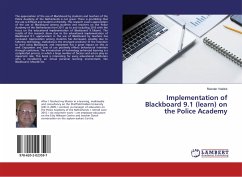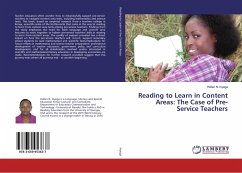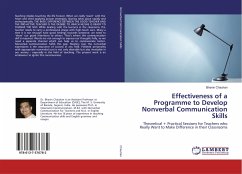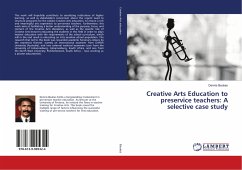The study was guided by two objectives, two research questions. The researcher used descriptive survey research design in the study. The researcher used mixed method for data collection. Random sampling technique was employed to select the sample. The entire sample that was chosen is 371 for quantitative which is in line with Raosoft sample size and 6 for qualitative. The instruments used for data collection were adopted questionnaire prediction of user acceptance and adoption of smartphone for learning with technology acceptance model questionnaire (PUAASLTAMQ) by Sek, et al, (2010) and data-blank. To answer research questions, descriptive statistics (frequencies and percentages) were used. The summary of the major findings indicated that the pre-service teachers in Colleges of Education in North-West, Nigeria use smartphone for learning, their attitude towards smartphone use for learning is positive. The research shows that smartphones can be of use as an instructional tool.
Bitte wählen Sie Ihr Anliegen aus.
Rechnungen
Retourenschein anfordern
Bestellstatus
Storno

